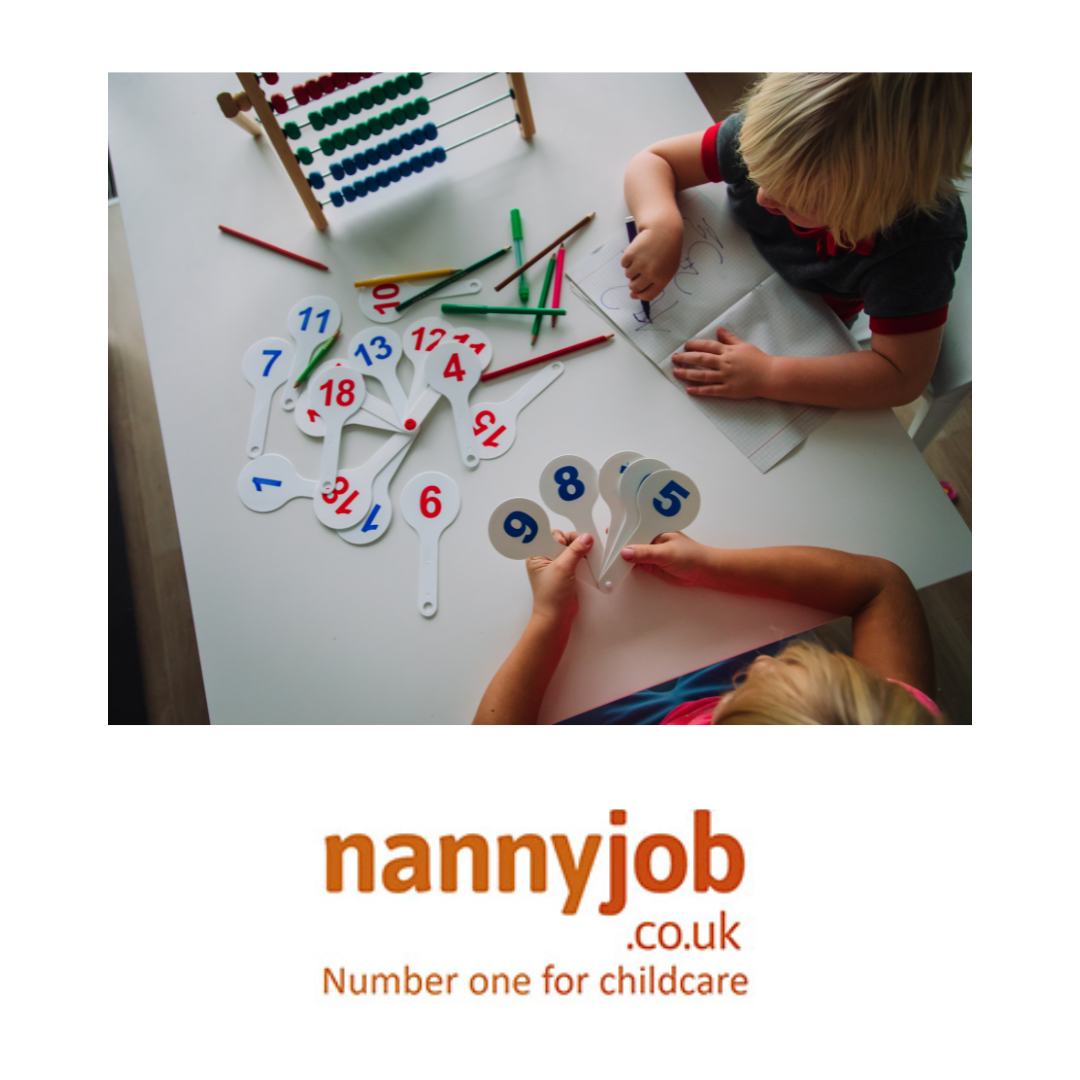The holiday season is a time of joy, relaxation, and spending quality moments with loved ones. For nannies, parents, and child carers, it also means finding the right balance between maintaining routine and embracing the leisurely pace of the holidays. Here’s a guide to help you strike that perfect balance.
1. Create a Flexible Schedule:
While it’s tempting to throw the routine out of the window, maintaining a flexible schedule can help children feel secure and prevent holiday chaos. Keep essential routines like meal and bedtime but allow for variations during the day.
2. Encourage New Learning Experiences:
Holidays are an excellent opportunity for children to learn outside of the classroom. Visit a museum, bake cookies together, or engage in crafts, blending fun and educational activities.
3. Set Aside Quality Family Time:
Holidays are meant to be enjoyed with family and friends. Dedicate time for board games, storytelling, or outdoor activities to strengthen bonds.
4. Incorporate Relaxation Techniques:
Teach children some simple relaxation methods like deep breathing or gentle stretching. These can be calming rituals during the holiday bustle.
5. Maintain Healthy Eating:
While indulgence is part of the festivities, ensure that nutritious meals are still on the menu. Involve children in cooking to make healthy eating fun.
6. Communicate Expectations:
Talk to the children about the holiday plans, including changes in routine. Clear communication helps in adjusting expectations and prevents meltdowns.
7. Allow for Personal Time:
Give children (and yourself) some personal time to relax, read, or enjoy a hobby. It’s essential for mental well-being.
Conclusion:
Balancing routine and relaxation doesn’t have to be a tightrope walk. With thoughtful planning and open communication, holidays can be both structured and leisurely, providing a joyful and enriching experience for children and caregivers alike.










